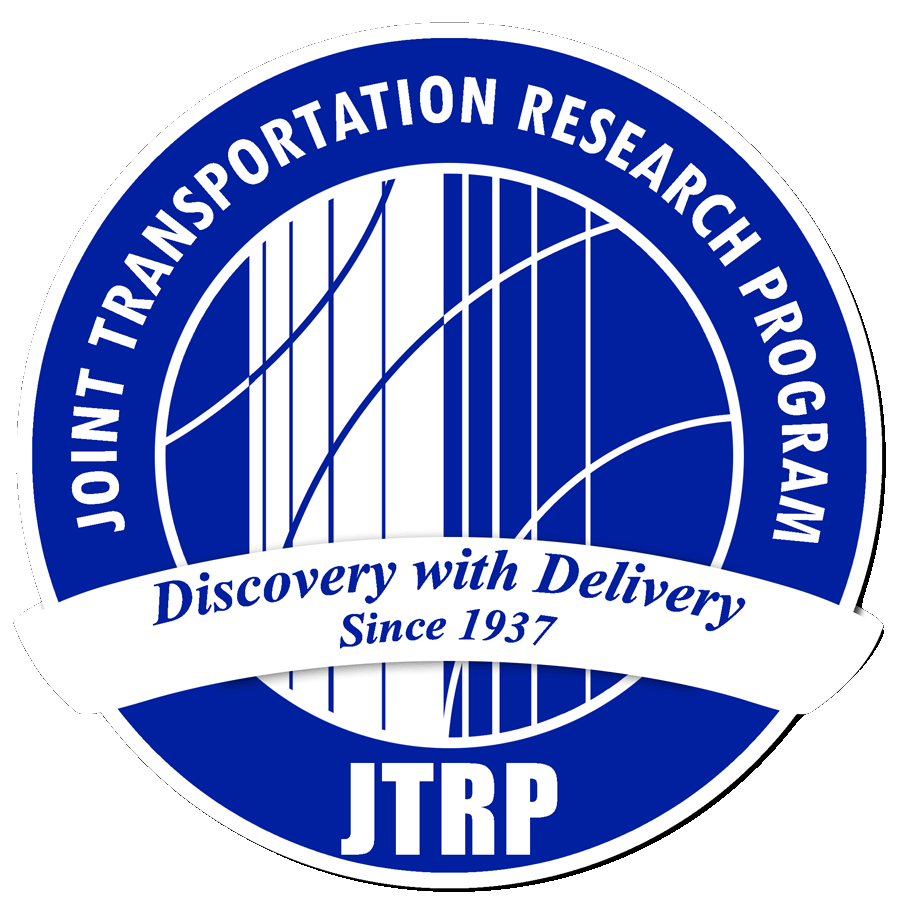Abstract
Existing precast concrete railroad crossings in the state of Indiana are experiencing too short a life expectancy. This study proposes methods that can be used to produce durable concrete railroad crossings with satisfactory rideability, durability, and longevity. Thirty-two precast concrete railroad crossings were visited in central and northern Indiana. Failures were determined to belong to three major categories: structural capacity causes, environmental causes, and material property causes. A concrete mix was evaluated at three different polyolefin fiber contents and without fibers. Beams were tested in flexure, and modulus of rupture and first crack deflection were recorded for each beam. Cylinders were cast for compressive testing and splitting tensile testing. Modulus of rupture was increased by the addition of fibers. The spread in data was observed to increase with an increase in fiber content. Compressive strength and splitting tensile strength were increased slightly by the addition of fibers. Panels are currently being produced that utilize post tensioning. These panels are less likely to crack under extreme loading conditions. If a crack forms, it closes upon removal of the load.
Keywords
Concrete, railroad, durability, flexural strength, compressive strength, split tensile strength, precast, fibers, SPR-2146
Report Number
FHWA/IN/JTRP-2002/28
SPR Number
2146
Performing Organization
Joint Transportation Research Program
Publisher Place
West Lafayette, IN
Date of Version
2002
DOI
10.5703/1288284313173
Recommended Citation
Lamanna, A. J., and C. F. Scholer. Design of Durable Concrete Railroad Crossings. Publication FHWA/IN/JTRP-2002/28. Joint Transportation Research Program, Indiana Department of Transportation and Purdue University, West Lafayette, Indiana, 2002. https://doi.org/10.5703/1288284313173Project Number
C-36-46P
File Number
5-11-16


